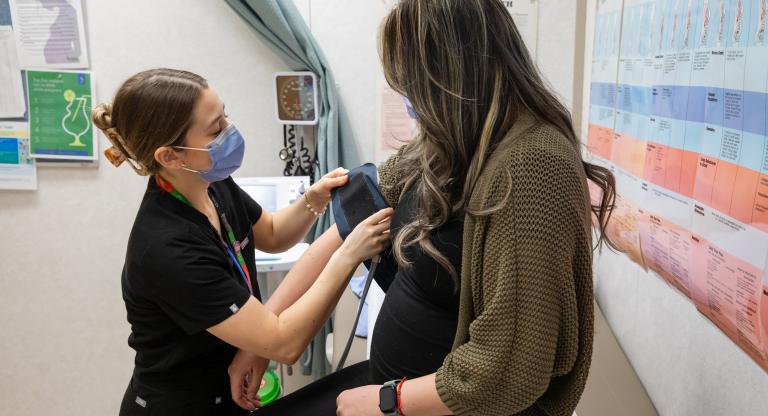New research suggests popular diabetes medication not useful in reducing inflammation

New findings from Sinai Health reveal a class of drugs widely used to treat Type 2 diabetes don’t have much impact on inflammation, a key element of the disease.
The paper, published today in the journal Nature Communications, was led by Dr. Laurie Baggio at the Lunenfeld-Tanenbaum Research Institute, or LTRI, and is one of the most extensive evaluations to date of how and whether Dipeptidyl Peptidase-4 (DPP-4) inhibitors control inflammation in mice and humans.
DPP-4 inhibitors, also known as gliptins, are a class of prescription medicines that are used with diet and exercise to control high blood sugar in adults with Type 2 diabetes and are commonly prescribed along with another popular drug called Metformin.
Dr. Daniel Drucker, co-lead author and senior scientist at the LTRI, said this research should be reassuring for those taking these drugs as it shows the benign effect of common therapies for Type 2 diabetes on inflammation.
“Our studies show that DPP-4 inhibitors don’t have much impact on tissue and systemic inflammation in mice nor do they alter circulating markers of inflammation in humans, whereas people taking Metformin seem to have reduced inflammation,” Drucker said.
Type 2 diabetes, the most common type of diabetes affecting nearly 500 million people worldwide, is associated with a low-grade chronic inflammation, which may predispose individuals to the complications of diabetes.
DPP-4 is found throughout the body, but its activity is only partially understood. The enzyme does play significant roles in inflammatory responses and insulin regulation.
For their latest findings, the Drucker lab analyzed samples from 600 people with Type 2 diabetes and cardiovascular disease, a cohort known to be at risk for greater inflammation and, if exposed to COVID-19, could develop more severe symptoms of the virus.
DPP-4 inhibition was recently the subject of intense scrutiny, as it was thought the medication might be especially useful in reducing inflammation in people with diabetes and COVID-19.
While DPP-4 is also a receptor for the virus that causes MERS, another coronavirus that causes respiratory illness, there is no direct evidence it also functions as a receptor for SARS-CoV-2, the virus that causes COVID-19.
“Considerable uncertainty surrounds the management of Type 2 diabetes in individuals at risk for COVID-19,” Drucker said. “Collectively, these findings provide reassurance about the relative safety of these medications in individuals with established Type 2 diabetes and heart disease who may also be at increased risk for more severe COVID-19 outcomes.”
These studies were supported in part by grants from the Canadian Institutes of Health Research, Merck Pharmaceuticals Inc. and Sinai Health Foundation.












